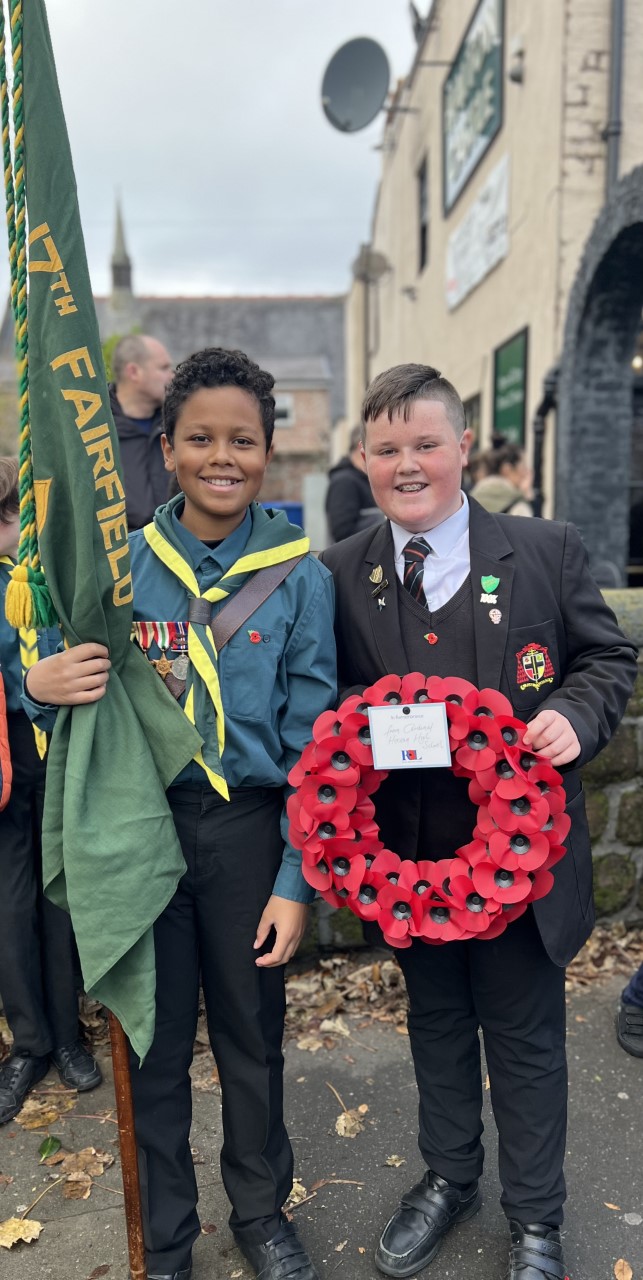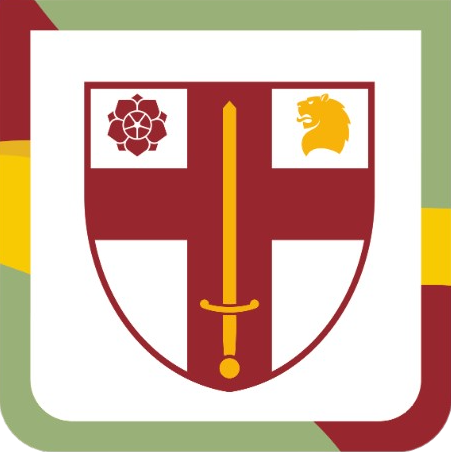History

“Throughout Scripture the Lord invites his people to examine their history in order to see examples of his love and power, to encourage them to continue serving Him.”
Susan Fletcher
Overview
The study of history can bring pupils into a rich dialogue with the past and with the traditions of historical enquiry. The past and changing accounts of the past have shaped the identities of diverse people, groups and nations. Through history, pupils come to understand their place in the world, and in the long story of human development. The study of history challenges pupils to make sense of the striking similarities and vast differences in human experiences across time and place.
Aims
- Children have a right to know about the world in which they live.
- They have a right to be taught about humans in the past, what those humans did and how we live today with the consequences of what happened before we were alive.
- They have a right to be taught about the kinds of stories humans tell one another and how humans live in societies that are divided in different ways by wealth, class, gender and race. The response to delivering on these rights, and of making sense of this complexity, is the academic discipline of history. The powerful knowledge rich history curriculum at Cardinal Heenan therefore, seeks to provide students with an induction into this great discipline.
Curriculum Intent
-
All learners will be provided with an equitable knowledge-rich, rigorous, and challenging programme of History through which they can excel.
-
The curriculum will be knowledge-rich and enable pupils to develop a deep understanding of historical periods and events.
-
The curriculum will be explicitly mapped out in order to ensure that all staff are able to deliver this effectively.
-
The curriculum will encourage a passion and love for learning amongst learners, alongside high expectations and aspirations for themselves.
-
The curriculum will utilise assessment effectively and purposefully in order to enable misconceptions to be identified, and teaching to be responsive.
-
The curriculum will be grounded in subject-specific and academic research.
-
The curriculum will be progressive in its nature, in order to ensure that key substantive concepts are revisited.
-
The curriculum will serve as the progression model.
-
The curriculum will ensure that the Historical topics studied have relevance to the lives of pupils where appropriate.
-
The History curriculum will prioritise reading and emphasise the importance of vocabulary and pupil articulacy and oracy.
-
The curriculum is not fixed, but rather fluid, and will constantly require refinements.
-
The curriculum will provide pupils with the opportunity to engage with History outside the classroom.
KS3 Curriculum
As part of their experience of Key Stage 3 History, Cardinal Heenan aims to mould:
- Historians who value the importance and power of the discipline of history.
- Historians who gain a greater sense of their own identity at a local, national and global level.
- Historians who understand more clearly the current historical landscape they see which has been shaped over the thousands of years of history they study at KS3.
- Historians who are armed with a knowledge rich curriculum which provides them with a deep understanding of historical periods, events and debates.
- Historians who are armed with skills which will prepare them for Key Stage 4 and later stages of education, employment or training.
Cardinal Heenan historians pick up their studies in year 7 from where they left in KS2 with an enquiry into interpretations of the Norman impact on Britain from 1066. Our historians’ KS3 curriculum leads them all the way to today in exploring our city’s identity and how it has been shaped by history. Alongside our thematic curriculum we also concurrently explore a ‘meanwhile, elsewhere’ curriculum, which making it possible for our learners to make links between different topics with the aim of widening pupils’ geographical perspective on a period in order to sharpen their historical thinking by giving them a broader frame of reference and thus more points of comparison. It is our aim to integrate a diversity of people, places and perspectives in our curriculum in such a way that they are not simply treated as an afterthought or aside but are incorporated meaningfully. It is our aim to provide our pupils not only with topic knowledge but also of period and wider historical knowledge to enable learners to write effective historical analyses and ensure that pupils build a substantial body of knowledge, expanding their horizons beyond the narrow confines of a particular topic. For example, by learning about the Inca Empire alongside the European Middle Ages, pupils might ask new questions about ways of life in the fifteenth century. By learning about Grace O’Malley alongside Elizabeth I, pupils might start to wonder about the wider role of women outside the Tudor Court. By studying the Easter Rising alongside the First World War, pupils have challenged the suggestion that men across the British Empire were keen to enlist.
KS4 Curriculum
The curriculum at Key Stage 4 builds on the work started at KS3 and follows four from the possible sixteen studies offered by AQA.
America, 1840–1895: Expansion and consolidation This period study focuses on the development of America during a turbulent half century of change. It was a period of expansion and consolidation – the expansion to the west and consolidation of the United States as a nation. Students will study the political, economic, social and cultural aspects of these two developments and the role ideas played in bringing about change. They will also look at the role of key individuals and groups in shaping change and the impact the developments had on them.
Conflict and tension in Asia, 1950–1975 This wider world depth study enables students to understand the complex and diverse interests of different states and individuals and the ideologies they represented. It considers the role of nationalist movements in causing and sustaining conflict. It focuses on the causes and events of the Cold War in Asia and seeks to show how and why conflict occurred and why it proved difficult to resolve the tensions which arose. This study also considers the role of key individuals and groups in shaping change, as well as how they were affected by and influenced international relations.
Migration, empires and the people: c790 to the present day This thematic study will enable students to gain an understanding of how the identity of the people of Britain has been shaped by their interaction with the wider world. It will consider invasions and conquests. It will also study the country's relationship with Europe and the wider world. It will consider the ebb and flow of peoples into and out of Britain and evaluate their motives and achievements. It considers the causes, impact and legacy of Empire upon the ruled and the ruling in the context of Britain’s acquisition and retreat from Empire.
Elizabethan England, c1568–1603 This option allows students to study in depth a specified period, the last 35 years of Elizabeth I's reign. The study will focus on major events of Elizabeth I’s reign considered from economic, religious, political, social and cultural standpoints, and arising contemporary and historical controversies.
Extracurricular Activities:
History Advisor Club - Our History Advisor programme runs every Wednesday after school and all pupils are welcome to attend. This programme is led by Ms Graham and has been endorsed by the Liverpool Museum. The sessions enable pupils to explore history through the world around them by sharing reviews of every history related opportunity imaginable. The reviews explore local history, landmarks, exhibitions, documentaries, movies, artwork, games, music and more. Through the History Advisor reviews compiled by our historians we continue to enrich the cultural capital of our Cardinal Heenan community.
Local History Tours - Our KS3 pupils have the opportunity to participate in an annual local history tour, beginning in the Liverpool Museum before exploring the rich history that encapsulates this ‘wondrous place’ we call home.
·Debate Mate - The history department is proud to lead the school’s debating society. Mr O’Toole and Mr Spencer led the school’s debating team to national success, competing in Westminster as Merseyside champions in the national 'Debate Mate' competition in June 2023.
Useful Websites:
- https://www.history.org.uk/
- https://www.historylearningsite.co.uk/
- https://www.historyofliverpool.com/
- https://www.liverpoolmuseums.org.uk/museum-of-liverpool
- https://senecalearning.com/en-GB/blog/gcse-history-revision-guide/


